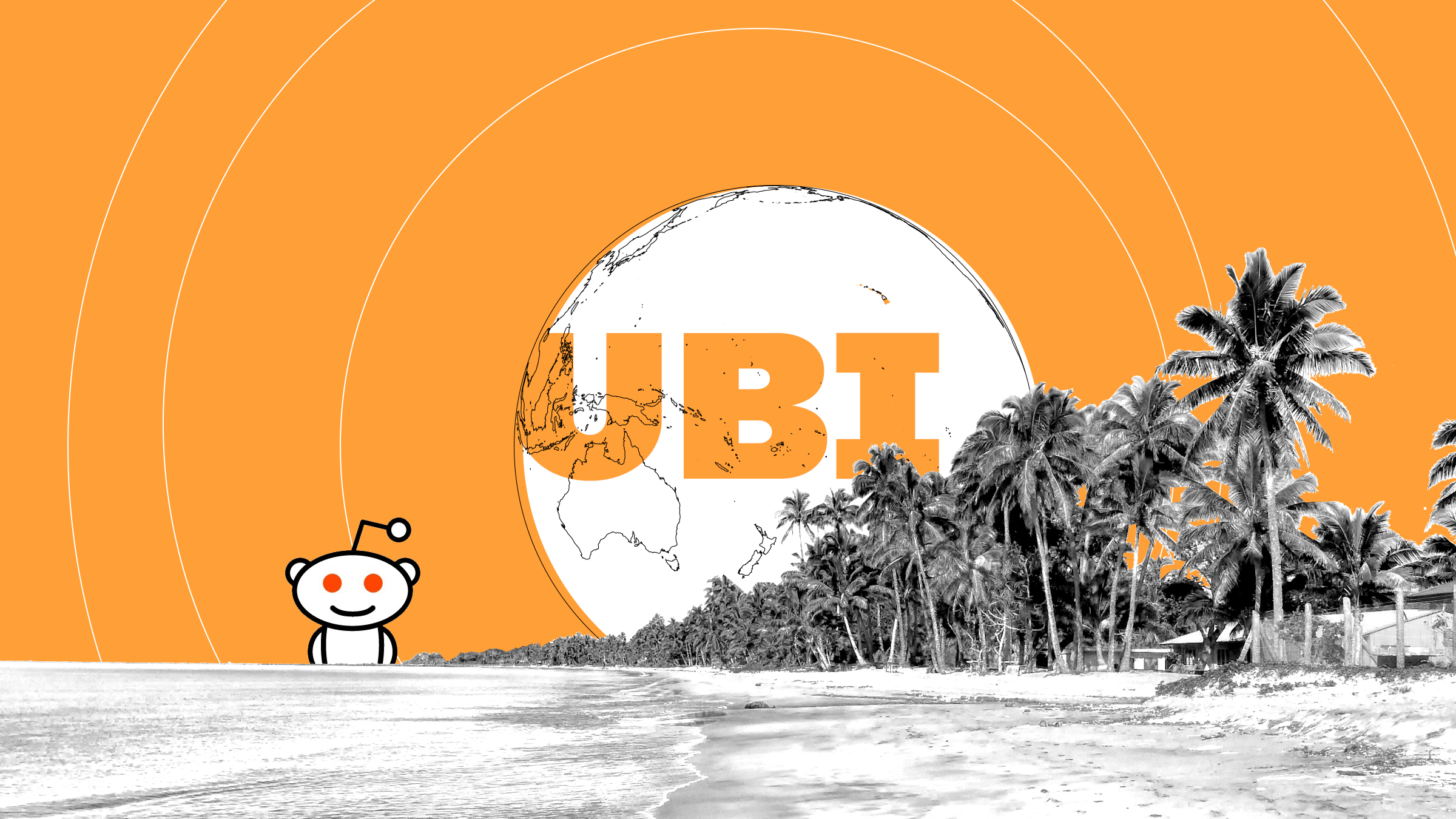There is a universalism inherent to both social media and basic income. “The most radical thing about basic income is that it touches everyone,” says Roope Mokka, co-founder of Demos Helsinki.
The Nordic think tank is re-envisioning a new model for well being in future societies everywhere, in partnership with the Finnish Innovation Fund Sitra. Their global, multi-year project is called The Next Era.
“Framed in the right way, basic income could become much more than a quick fix for automation, or the societal flavour of the month of techno-fantasists. It could ignite a new social movement and help create a unifying vision for a post-industrial society,” says Mokka. “It marks a significant change in how we view society at large.”
The same can be said for social media networks.
In the past few weeks, the two have intertwined in interesting ways. In Hawaii, State Representative Chris Lee spearheaded a bill for “a universal basic income security working group” that was then unanimously passed by the state’s legislature, making Hawaii the first US state to evaluate UBI.
Lee said he first learned about the governmental innovation on Reddit, a social media platform that is known for enthusiastically promoting basic income and following its experiments around the world, in countries like Canada, The Netherlands, and Finland.
In a heartfelt post on the site, Lee thanked the online community and said he had “for several years” followed its thorough discussions on UBI in subreddits like r/futurology and r/basic income. The arguments there, he said, had been “compelling enough to lead me to start a more public discussion.”
Meanwhile in Alaska, on Fourth of July weekend, Facebook’s founder Mark Zuckerberg continued his advocacy of UBI. In a post on his personal Facebook profile, he wrote, “One thing that stood out to us is how different Alaska’s social safety net programs are in a way that provides some good lessons for the rest of our country.
“Alaska has a form of basic income called the Permanent Fund Dividend. Every year, a portion of the oil revenue the state makes is put into a fund. Rather than having the government spend that money, it is returned to Alaskan residents through a yearly dividend that is normally $1000 or more per person. That can be especially meaningful if your family has five or six people.”
Zuckerberg’s comments follow a particularly passionate Harvard commencement speech he gave in May. In it, he said, “We should explore ideas like universal basic income to give everyone a cushion to try new things … give everyone the freedom to pursue their purpose — not only because it’s the right thing to do, but because when more people can turn their dreams into something great, we’re all better for it.”
“Purpose doesn’t only come from work,” he said. “The third way we can create a sense of purpose for everyone is by building community. And when our generation says “everyone”, we mean everyone in the world.”
Social media is powerful in its globality and Zuckerberg knows it. His statements come at a time when social media platforms like Facebook and Instagram have come under fire for spreading fake news and worsening their users’ social ties and self-esteem. Zuckerberg’s comments suggest that the networks’ effects aren’t only negative: they can also begin to drive a new kind of global politics.
“Universal policies require universal visions,” says Mokka. “As history has shown us, universalism has the potential to bring together people from different backgrounds and ideological stances. The welfare state was a vision shared by most mainstream parties in the Western world. And the founding fathers of the United States – even though they were all from very different political backgrounds – came to agree on civic, constitutional rights. Similarly, almost all the colours of the political spectrum today support universal basic income.”
“There is a demand for a clear and hopeful vision of the future,” says Aleksi Neuvonen, also co-founder of Demos Helsinki. “Over the past few years, political populism that has done so well in many countries has struck that note. Its rhetoric presents easily recognisable future outlooks that largely rely on bringing back the past. If there is no ability or courage to create better and more vibrant visions of the future, the chain of regressive political programmes relying on nation-state traditions may continue. We have to dream of a better, progressive future – and generate discussion on it.”
“As something that touches everyone, UBI is notably the first universal initiative of our generation,” says Mokka. And social media is what will now help it spread everywhere.
Join the movement:
Step 1. Share this introductory guide to universal basic income, detailing the arguments for and against it
Step 2. Join the conversation on Reddit – helpful subreddits include r/futurology, r/basicincome and r/technology. Comment on and share this article on other social media using the hashtag #NextEra
Step 3. Familiarise yourself with the #NextEra of work and income, democracy, and progress





Articles
Share these too.